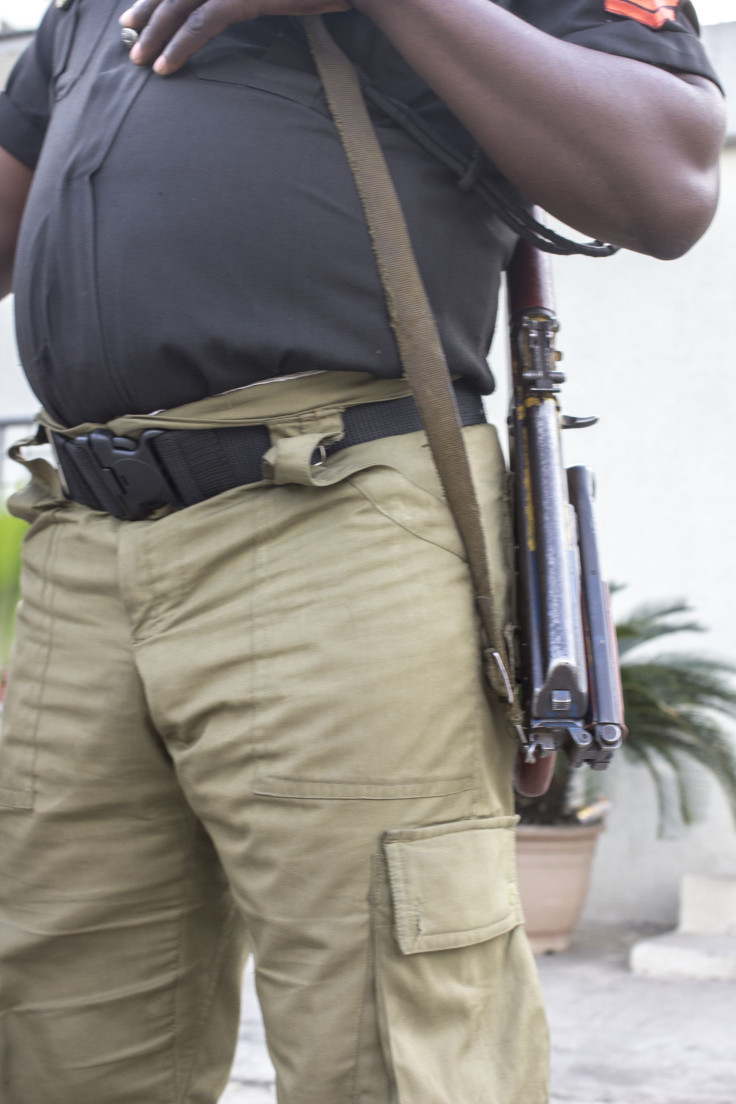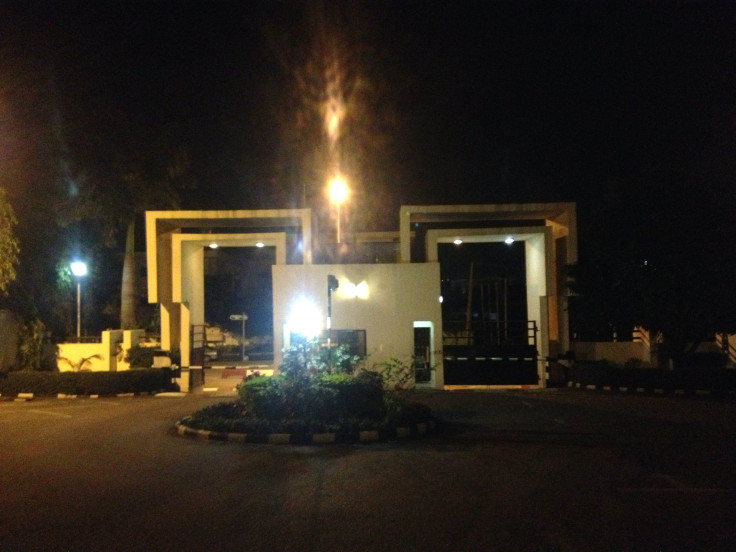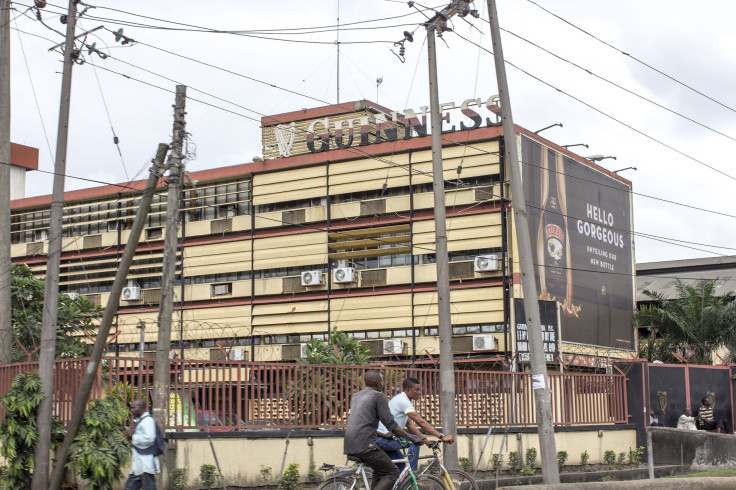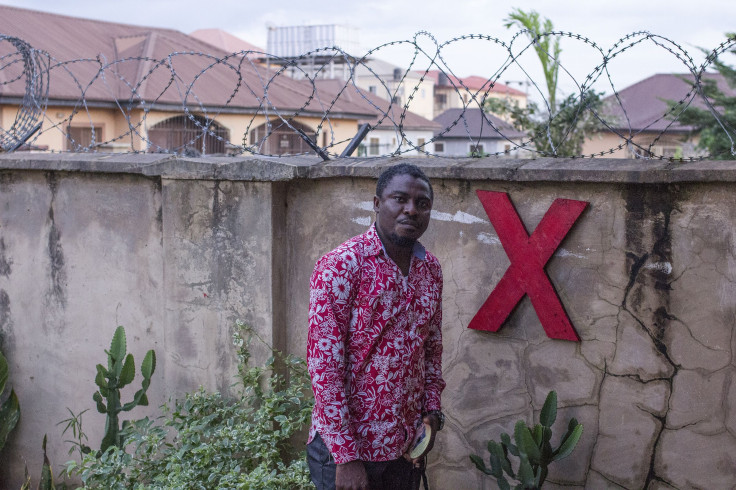Nairobi’s Westgate Mall Massacre Drives Home Necessity Of Security In Terrorist-Prone Parts Of Africa, As Nigeria Can Attest
Having returned less than two weeks ago from a journalism fellowship program in Nigeria, I was immediately struck by a sense of terrifying familiarity when I saw the first bloody images of the Westgate Shopping Centre slaughter in Nairobi Saturday afternoon.

A number of malls very much like Westgate are scattered throughout the nicer neighborhoods of Abuja and Lagos, Nigeria, and I spent time in several of them, interviewing business owners, eating local fast food and browsing their wide variety of quirky shops.
The Nigerian mall where I spent the most time is known as Ceddi Plaza and is located along a dusty main road in the nation’s capital of Abuja. Like Westgate, it is a hulking complex with the modern, fluorescent-lit, tile-and-drywall feel beloved by American mallrats, and it seemed like a strange oasis of Westernness in a nation still largely defined by the African aesthetic.
Offering three floors of stores and restaurants as well as a three-screen movie theater, the interior of Ceddi Plaza could be mistaken for that of any other mid-size mall in the world. Judging by photos of Westgate, it was cut from the same cloth.

But parallels between the two malls mostly stop once you step outside their air-conditioned foyers and into the blinding sunlight.
Judging by photos taken both before and after the Saturday attack, Kenya's four-floor Westgate mall was essentially open to pedestrian traffic, with little more than a few stairs and a couple of security guards keeping people from some of the facility’s street-level entrances. The parking lot was more secure, with guards inspecting every vehicle that passed into its lots and stopping people from idling in the lot, and with metal fences surrounding the area.
But Abuja is not Chicago, London or Nairobi, as it has been the target of several large-scale attacks by the terror groups Boko Haram and Movement for the Emancipation of the Niger Delta (based in opposite corners of Nigeria) in recent years.
Because of this recent run of terror, Ceddi Plaza is much more heavily fortified than Westgate appears to have been. In response to the continuing terror threat in Nigeria, Abuja is under a heightened level of security that outstrips that of any other place I’ve been, save perhaps the most-protected areas of Washington, D.C., and New York City.
Streets in Abuja are regularly closed down without warning, or impeded by impromptu roadblocks set up by law enforcement agents on constant alert for potential terrorists.

A drive of just a few miles across the city at certain times can mean having to submit the contents of your car to potential inspection by military or police officers (it’s often hard to discern which is which in Nigeria, but you know them by the assault rifles in their hands) as many as a half-dozen times. Our taxi driver was stopped five times in 20 minutes during a short drive back from a beer garden one night.
And Ceddi Plaza, like all of the city’s hotels, markets, bars, entertainment venues and many of its homes, is a veritable bunker. Tall barbed wire-topped cement walls form a perimeter around the entire complex, and thick cement blocks have been placed in the road to impede car bombers.
In order to pass through the manned gate into the mall parking lot, shoppers’ vehicles are inspected by AK-47-toting guards, who look inside their trunks, scan their cars’ undercarriages with pole-mounted, upward-facing mirrors and leer in their windows in search of suspicious items and people. Pedestrians can’t enter the mall without being given the go-ahead by security at the vehicle entrance, and another guard checks purses and backpacks and runs a metal-detecting wand over people as they pass through the entrance.
In Abuja, and in Lagos to a lesser extent, the security state is the norm, not the exception, and every public gathering spot is ringed by numerous well-armed guards.
If you want to enter one of these popular places, you must submit to the security that was put in place in order to avoid new terror attacks in Abuja after a deadly spate that included the bombings of an army barracks and a Nigerian independence day celebration in 2010, the city’s United Nations building in 2011, and its This Day newspaper office, a nightclub, and a shopping mall of its own in summer 2012.

In Nigeria, the realities of endless terror threats have led leaders to enact controls aimed at keeping the citizenry and politicians safe. But Kenya had a relatively quiet period with little to no terrorism between 2002 and 2011, and though it has ramped up its security over the past two years, it had seemingly not yet reached the ubiquitous level I witnessed in Abuja in time for the Westgate attack.
Between 2011 and 2012, a sect of Somali Islamic insurgents calling themselves al-Shabab began a campaign of terrorism, launching more than a dozen attacks across neighboring Kenya over two years. Terrorists attacked two churches in Garissa on July 1, 2012, killing 17 people and injuring about 50, the U.S. Embassy in Nairobi reported, and on Sept. 30, 2012, a child was killed when a Sunday school in Nairobi was attacked with grenades.
Since then terrorism had largely abated in Kenya. There was even hope in some quarters that the terror threat had begun to subside, but any such illusion of safety was shattered when Westgate mall became the site of what will likely go down as the deadliest terror attack in the nation since the al-Qaeda bombing of the U.S. Embassy in 1998.

As I watched videos and photographs of the carnage at the Nairobi commerce hub, I wondered if such an atrocity would have been prevented in Abuja, or if the death toll would have been lower. There don't seem to be any such obvious sitting duck targets there, and the presence of at least some well-armed security personnel at the vast majority of the city’s gathering places would seem to serve as a deterrent to would-be attackers.
In light of the Westgate attack, grieving Nairobians should probably brace themselves for the omnipresent crackdown that has befallen Abuja. In a continent struggling so fiercely with terrorism and violence, it seems that such responses are necessary to provide a basic sense of security in citizens’ daily lives.

© Copyright IBTimes 2024. All rights reserved.





















